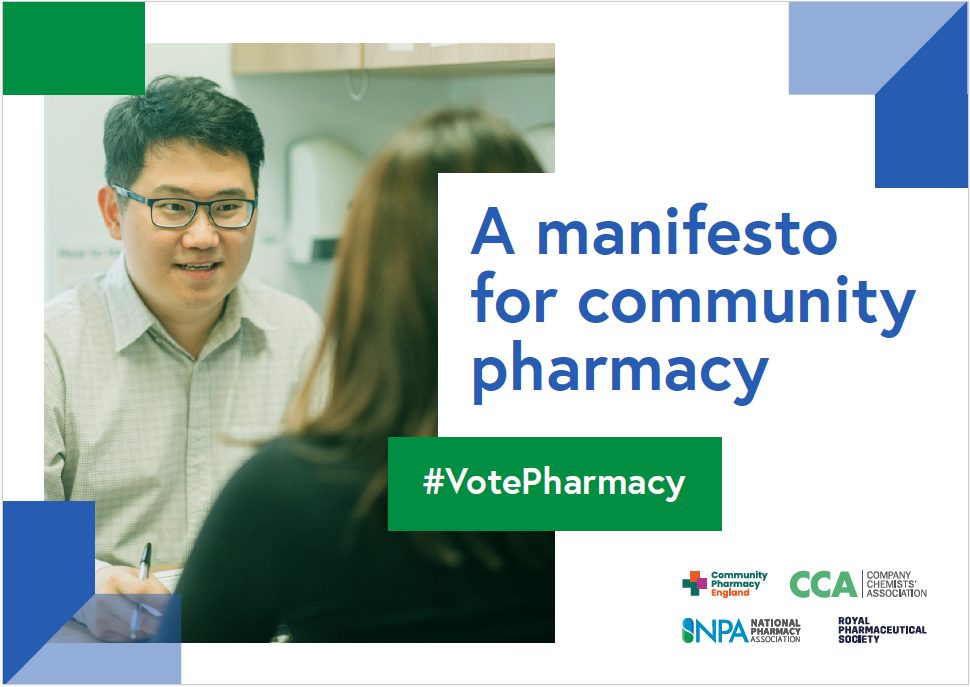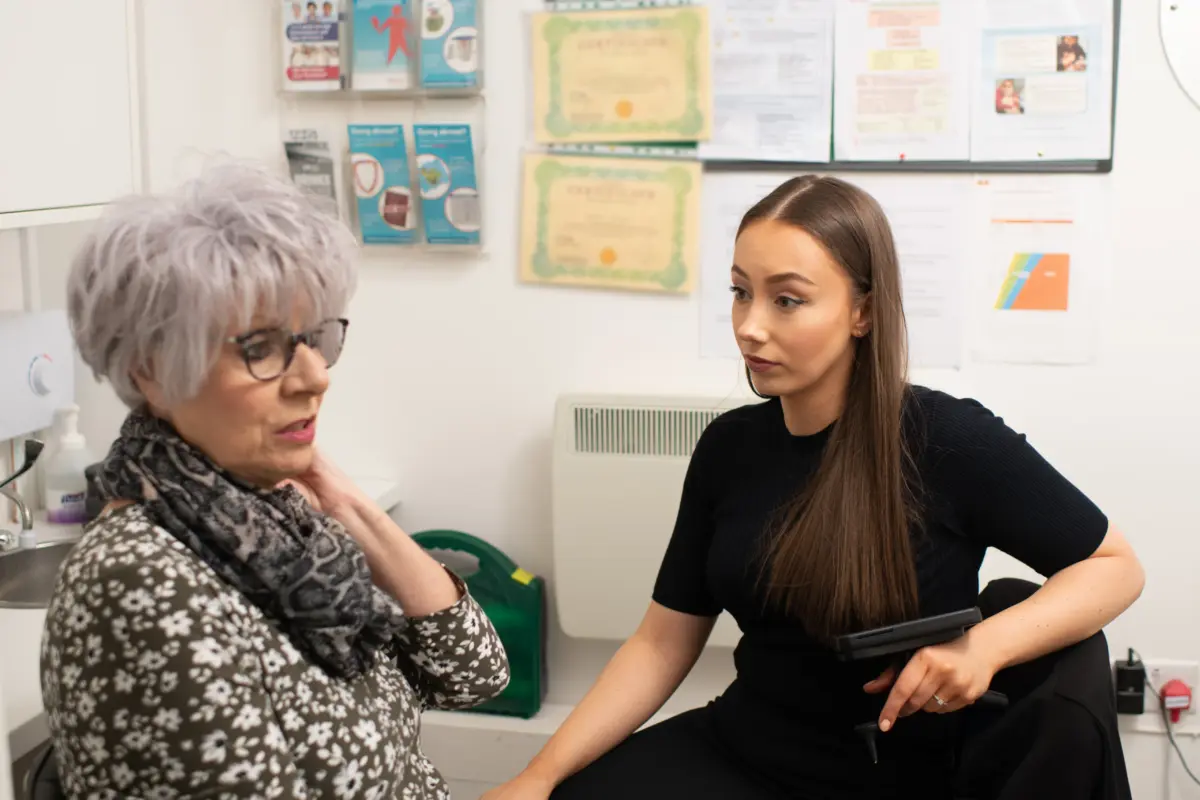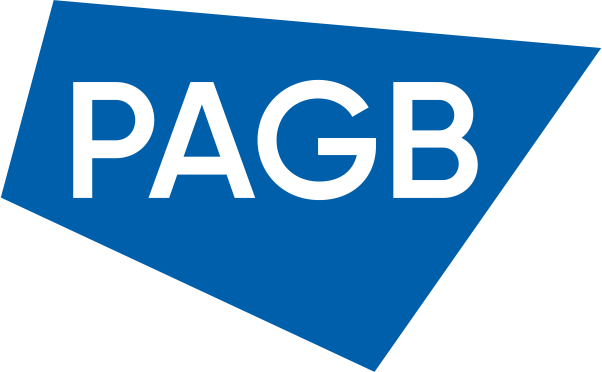Developing a service proposal
Published on: 14th April 2014 | Updated on: 15th March 2022
This page provides guidance for LPCs on developing a service proposal to submit to a commissioner. It draws upon the considerable experience of LPCs across the country, gained through working with local commissioners over many years.
Before the formal submission of a proposal it is sensible to do some groundwork:
- approach local stakeholders, exactly who will depend on what you are hoping to develop, for feedback on your ideas;
- start influencing key opinion leaders;
- consider obtaining the views of some of the patients who may benefit;
- ensure that you have the evidence you require to demonstrate a need – do a small scale pilot if necessary, or audit current practice to collect data; and
- make sure that resources are available from your intended funding organisation, and that your proposal meets the criteria for use of those resources.
Unless what you are proposing is very innovative, make sure that you use peer-reviewed evidence of best practice as the basis for what you are proposing. Carry out a literature review, or if you can’t find any published data, try the Community Pharmacy England database.
Click on a heading below for more information.
If you are asked to complete an application form, or to provide information under specific headings in your funding bid make sure that all elements are completed as fully as possible, using the commissioner’s proforma if available. If it is not clear what is required in a particular section of an application, ask the relevant officers – it could make the difference to whether your application is considered or rejected!
If the service is not needed, the bid will probably be rejected, so it is important that all proposals are supported by evidence that demonstrates a need. This may be collected by undertaking a small-scale pilot (and include patient quotes if relevant) or by identifying gaps in service through a local health needs assessment. This would need to cover the following:
- What is the population being assessed?
- Why is the assessment topic a priority?
- What is driving the process?
- What are the fixed points and is there sufficient work to be undertaken?
- What is happening locally that is relevant?
- Who should be involved in what is happening?
- What are the resource implications?
- What are the benefits of the service?
Make sure that you can relate the proposal you are making to the key issues for the commissioner. Make the links to the relevant national priorities such as the NHS and Public Health outcomes Frameworks or local priorities identified in Joint Strategic Needs Assessments and Joint Health and Wellbeing Plans.
Your proposal needs to be presented as a solution to the commissioners’ problems, not another problem for staff to think about.
Demonstrate that your proposal is based on the best clinical evidence and include references wherever possible. Ensure that the relevant training needs have been identified and that the proposals demonstrate how these will be met.
Clearly document the impact that you expect implementation to have on local services and wherever possible, on patient outcomes. Base these assumptions on published data wherever possible, including references.
Make sure that the benefits that you quote are achievable and meaningful in the local context. Don’t be tempted to make claims that can’t be realised.
Incorporate clinical governance principles into the proposal to make sure that the services are safe, appropriate and efficiently delivered.
Decide at the outset how you intend to monitor the service and what data on patients, interventions or referrals will need to be collected? How will this be collated and outcomes measured? Timescales and a review process will also need to be incorporated.
The price that a commissioner will be prepared to pay for a service will be related to the value of the outcome to that organisation. Discussions therefore may need to be based on benefits not cost-driven pricing.
Funding problems and pressures in the NHS mean that to be successful you will need to be proposing a service the offers the best value for money, as well as one that meets local priorities. If possible, develop arguments to support this by comparing costs of alternative provision.
Proposals for the development of any service are likely to be more successful if they demonstrate a clear understanding of how pharmacy can contribute in relation to other elements of the health economy, and make appropriate links with other professionals.
Be ready to make either formal or informal presentations. Try to make any presentation as professional as possible using presentational and word processing software as appropriate. Prepare a summary of points to leave with the commissioner.
Make sure that you can produce relevant references to back up your claims, somebody is sure to ask for the details to satisfy themselves.
Get a champion within the commissioning organisation and ideally from another profession to support your case and engage with your local GPs.
Less expensive services are more likely to be funded; however that is not necessarily reason to exclude a more comprehensive, well thought out service.
Agree standards with the commissioner – interventions with patients in a pharmacy or surgery setting will be less expensive than seeing them in their own home. If using a cost-driven formula break down the service into individual components, which include the manpower element and other resources.
For example:
Manpower:
- Pharmacist / assistant / technician time (including time to prepare, write up notes / documentation)
- Determine the cost per day (based on the annual salary, including NI, other company benefits etc)
- Costs associated with undertaking audit or getting a report written up
From these you should be able to arrive at a total figure including fixed and variable costs for the service. You need to be confident to be able to discuss them in detail and to be able to back up your assumptions.
- Identify all the tasks that need to be completed and calculate how much of a day is needed to complete them
Other resources:
- Cost of equipment (non-disposable)
- Costs of disposable equipment (MDS, gloves, sharps bins, lancets etc.)
- Private space, including furnishings if necessary
- Documentation, telephone calls and quality control
- Advertising (prescription bag inserts, posters, window displays, local media, leaflet drop etc)
- Travel costs, including petrol, insurance etc.
- Training costs, including venues, trainers, replacement costs (locums)
Any cost-driven formula should include an element of fair return for the pharmacy business.











